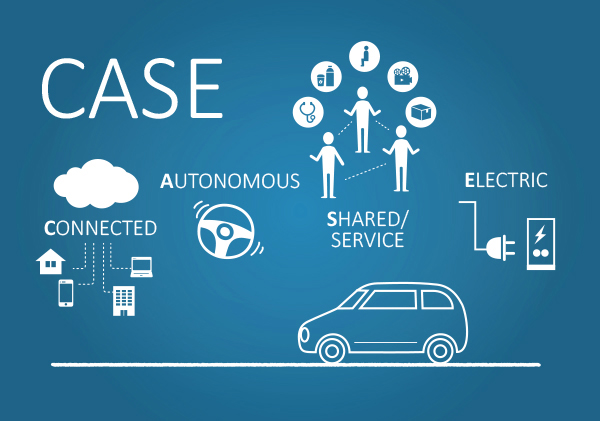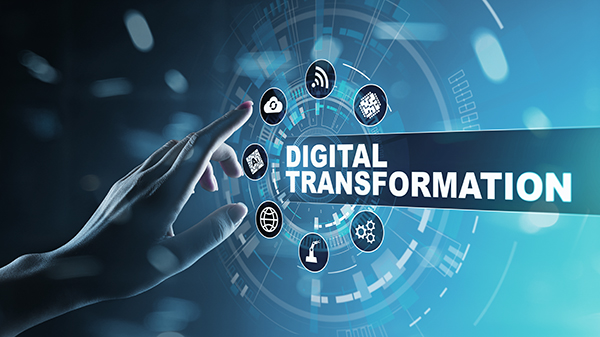
|
Stop moaning and shape the digital future insteadBy Bernd Pätzold "There are so many ways to achieve happiness - one of them is to stop moaning," Albert Einstein once said. I am reminded of his bon mot almost daily when I open a newspaper. Germany likes to moan about the economic crisis, which is not (yet) an economic crisis, the political situation, climate change, etc. And when it comes to digitalization, focus tends to be placed on the risks it poses rather than the opportunities to enhance our competitiveness it offers. Moaning has never made the world a better place. As Germany's leading industry, the automotive industry is facing major challenges – and not only with regard to the digital transformation of its business processes and models. At the same time, it has to get to grips with four megatrends, the impact of which is difficult to assess, especially as they influence one another: Connected, Autonomous, Shared and Electric (CASE). In the face of climate change, the question arises as to how much longer internal combustion engines will be around, and whether they will be replaced by batteries or perhaps by fuel cells. New topics such as artificial intelligence in the context of autonomous driving are also rapidly gaining in importance. 
I have the impression that the mood is once again worse than the situation warrants. Let's not kid ourselves: We have encountered difficult situations time and again over the course of the past few decades. I can still remember what things looked like at the beginning of the 1990s when German carmakers appeared to be trailing far behind Japan in terms of automation and lean production. But they rolled up their sleeves and successfully mastered the third industrial revolution, which coincided with the first major wave of digitalization in engineering. They were in fact so successful that they are stronger today than they were then. It was of course a change process that radically changed the nature of many jobs, which some of those affected found very difficult to deal with. But at the same time many new and interesting jobs were created, many of which require a higher level of skill. I believe that we are facing a similar situation today. Initially digitalization, Industry 4.0, AI, etc. will certainly cost jobs, but at the same time they offer us the opportunity to grow and create new jobs. That is why we should face the challenges with confidence and take advantage now of the opportunities that the digital transformation offers rather than dithering once again in the face of economic uncertainty. Agility is undoubtedly the best recipe for responding flexibly to such uncertainty, but it must not be limited to IT or the implementation of IT solutions. The entire organization must be able to respond in an agile manner. Promising digitalization initiatives that aim to redesign PLM architectures, implement new tools and methods for model-based system development, and improve end-to-end digitalization are underway at many companies in the automotive industry. Postponing them now in order save money would be the wrong approach because the digital platform economy punishes stragglers. Data may be the new oil that fuels this economy, an incessantly (re)growing commodity, but it is one with a relatively short half-life. Either you use it or it loses its value. The outstanding success of recent years has prevented many companies from fully exploiting the potential of digitalization. As long as the economy was humming, everyone was kept busy dealing with day-to-day business. Now, in a weak economic phase, the capacities needed for this type of initiative are easier to mobilize and there is a greater willingness to consider making organizational changes. The decision-makers at companies cannot afford to miss this opportunity and should shape the future now. 
In this spirit, I wish all our readers a happy holiday season and a great start to the year 2020. |
|
| © PROSTEP AG | ALL RIGHTS RESERVED | IMPRESSUM | DATENSCHUTZERKLÄRUNG | HIER KÖNNEN SIE DEN NEWSLETTER ABBESTELLEN. |

